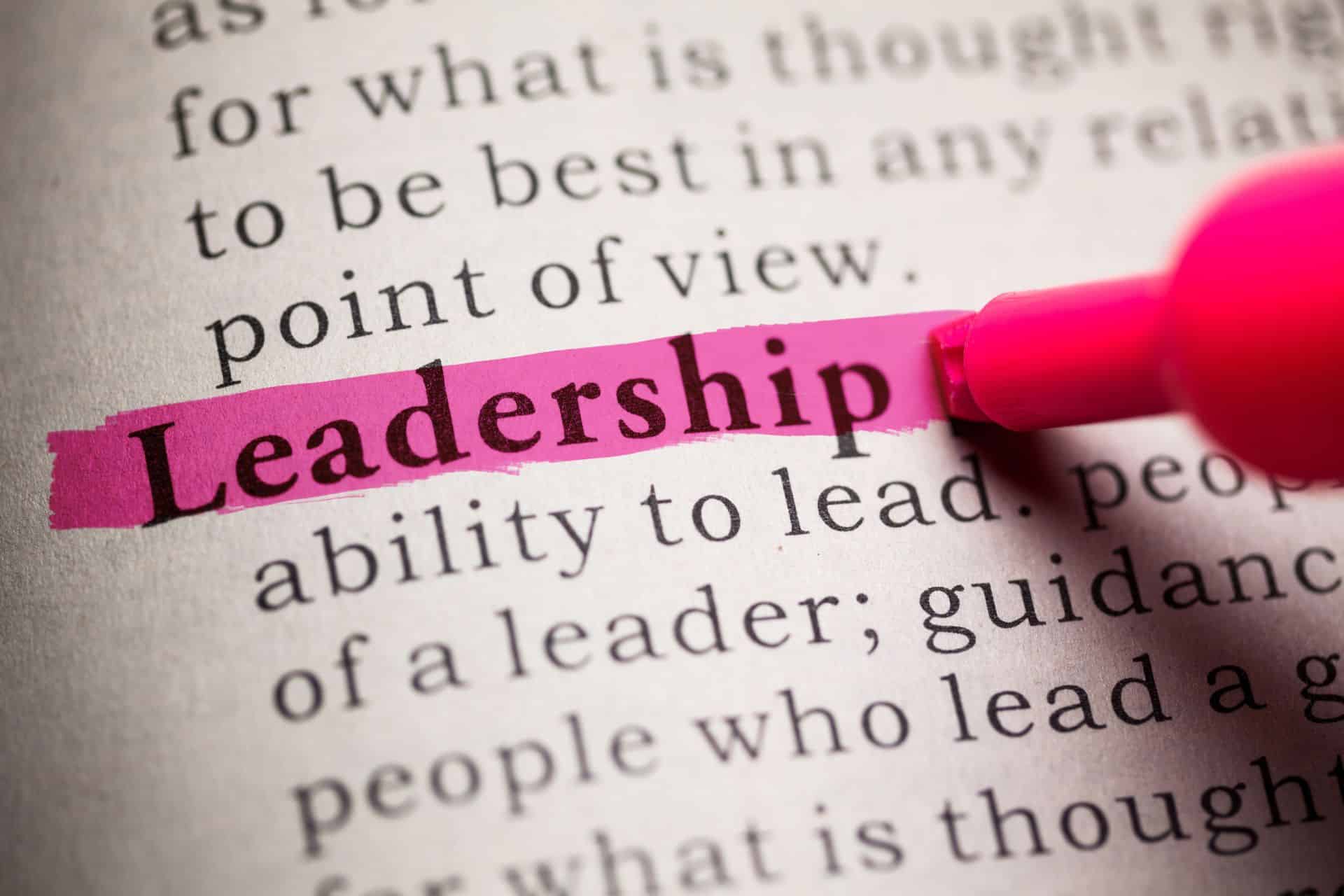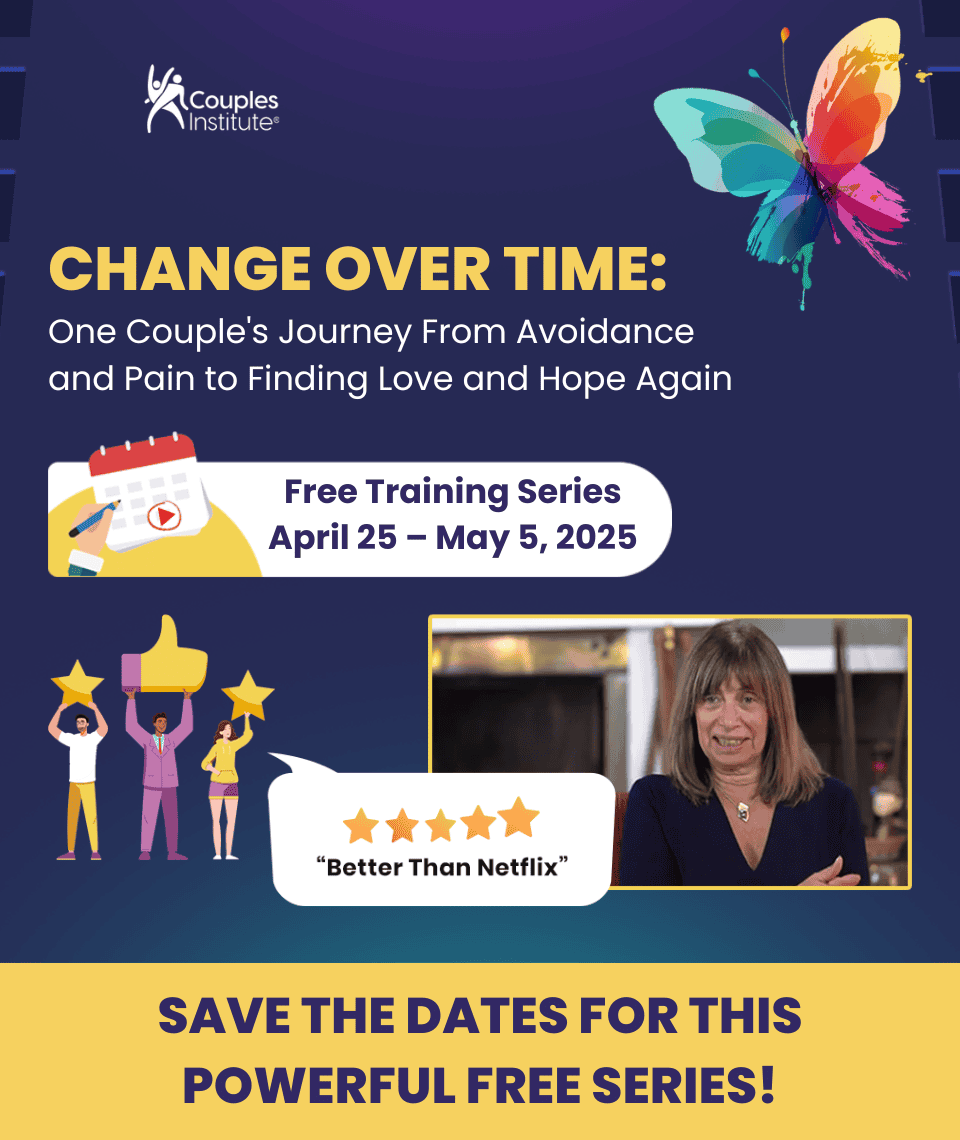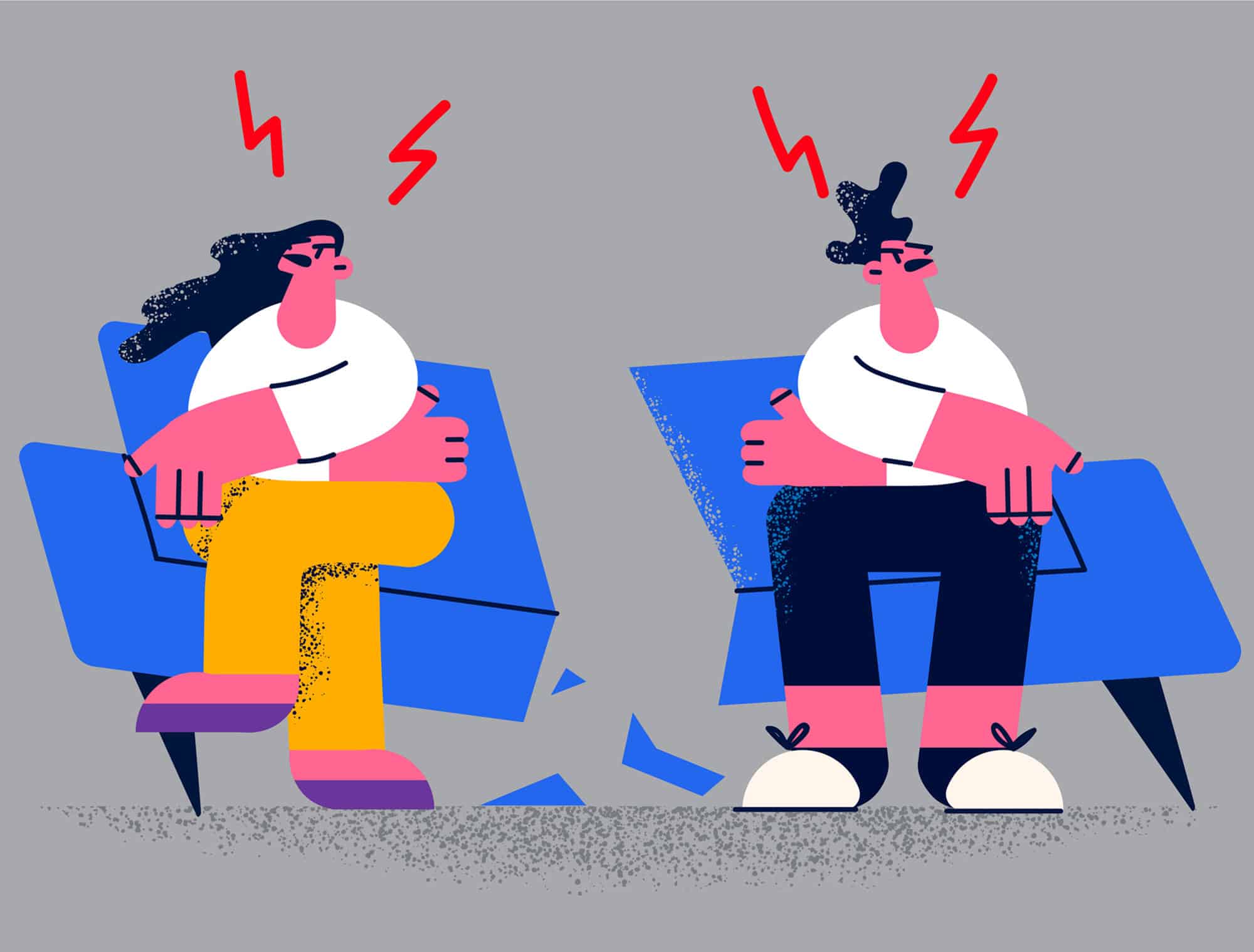If I could recommend just one skill for you to develop to become a successful couples therapist, it would be leadership. Leadership is the number one skill that gets your work off to a strong start and allows you to manage almost anything in your office.
However, you can’t be a strong leader if you don’t know where you are going, and you are just reacting to your clients. There are so many things that can go haywire with two clients in the room and so much damage that can be done if things go badly.
Couples therapy requires a different level of leadership than individual therapy so I thought I’d share with you the 6 primary characteristics that the Developmental Model recommends for your leadership right from the beginning. Knowing these enables you to start from a strong position, quickly choose a direction, and then create momentum.
- Diagnose the developmental stage of the relationship. When a couple presents with pain and disappointment, you don’t want to get caught in their content. Instead you want to have a roadmap that enables you to hone in on where they are stuck. Are you able to see where their development is arrested? How far off course are they from what you might expect based on their ages and the time they’ve been together?
- Tailor your interventions to the specific impasse. Once you identify where the couple is stuck, you’ll be better equipped to choose appropriate interventions for working with the couple and each individual. For example, with symbiotic conflict-avoidant couples you’ll want to increase their tolerance for intensity, while hostile-fighting couples require you to de-escalate intensity.
- Harness the developmental energy in each partner and in the system. It’s normal to move towards positive growth-promoting experiences. However, when couples have been together very long, they start to retrigger painful moments of hurt and disappointment. They begin to regress. You’ll want to stay steady and select interventions that support progression rather than regression. In this phase, it’s important to offer experiences between the two individuals that will facilitate the unfolding of normal growth-promoting energy. Here, you need to highlight each partner’s strengths and identify the areas where they are open to being pushed to grow. As therapists, we need to discern how we can take them to those places – especially when one partner is threatened by the other partner’s growth.
- Help partners stop retriggering and retraumatizing each other. In order to repair ruptures within their relationship, couples need specific skills. Defusing hostility under stress is not easy. You’ll want to lead them through specific exercises to help them repair and tolerate the anxiety of differentiation.
- Identify internal conflicts that are interfering with the couple’s development. Recognize that change is stressful. Most partners have two polarities. Another way to say this is, “What is each partner’s dilemma?” They may want to change and be afraid to change. For example, a wife might say that she wants more open communication with her spouse but she is very afraid and reactive when her partner expresses desires that are uncomfortable for her. Effective work takes uncovering the resistance to stretching and growing. Your job is to uncover these internal conflicts and stimulate motivation for change.
- Facilitate learning-specific developmental capacities. Each partner will lack certain internal capacities that enable them to hold firm and be compassionate under stress. When you become skilled at seeing what is missing, you can set targeted goals and lead them along a path of progress.
When working with couples, it is so easy to see pathology. Partners are often at their worst in front of you. However, step back and ask yourself, “What is their developmental hurdle?
Can I be optimistic instead of pessimistic about their future?” Then set a tone from the very beginning that focuses on growth and success. Your style, your beliefs, and what you pay attention to will determine the direction of the therapy.
If you’re curious about how to do any of these 6 steps in more depth, they’re all skills I teach in my Developmental Model of Couples Therapy online training program.
You’ll learn how to diagnose couples stages and tailor your interventions to the appropriate stage. You learn skills to stop partners from traumatizing each other, and then learn to tease out motivation from each partner so you get out of the middle, and they are responsible for creating change.
This model works with all types of partners and issues from passive-aggression to narcissism, infidelity, and conflict-avoidant partners.
I look forward to helping you find ease and confidence in your work with couples.
For now, I’m wondering if you think it is useful to apply this framework in your practice – with either a new couple, or one you’ve been working with for a while. Please leave a comment below and share your insights.
Save the date!
Change that Lasts: Developmental Assessments for Breakthroughs in Individual & Couples Therapy with Dr. Ellyn Bader
June 28 from 11am-2pm Pacific
In this 3-hour online workshop, you'll learn how to use the 2 most powerful assessments I have used with almost every couple over 40 years. And you'll get the most concentrated introduction to the Developmental Model that I have ever offered. Details coming soon.



 We respect your privacy.
We respect your privacy.




1. I agree not getting focused on content is useful in any therapeutic encounter. Not sure that the therapist’s expectations are as important as the clients’, though. I prefer to focus on the clients’ expectations and associated frustration, as in ‘Mind the Gap’.
3. Agree that differences in growth rate can negatively impact team work; finding the positives and a common dance may be useful.
4. Agree that squaring the circle, as it were, between difference and same, apart and together is important and may go back to early established patterns and/or incompleted childhood developmental stages (viz. awareness of self and other, control and survival).
6. For me, this is about the fear of learning, a learnt response to childhood curiosity and enquiry which has been met by threats to survival. Removing the fear of learning is, for me, a great antidote to formal schooling and fear of life. “Life is just living and learning, learning and living”, to paraphrase John Wayne. If we ain’t learning, we ain’t living!
Thanks for the stimulation today. Helps me maintain plasticity!
Hello, Ellen,
Thank you for your amazing tips which can help therapists personally and professionally. Your words are all very thought provoking and useful. We appreciate you!
Hi Steve,
thanks for your comment to Ellen’s wonderful teaching. I especially like and agree with your numbers 4 and 6.We often need to go back to early established patterns to interrupt the now dysfunctional life of them, so to speak. Our patterns helped us at one point but now are not helpful and oftentimes hurtful to our relationships. We need to recognize this, allow ourselves to accept the need to grow through this and be our best selves at this time.
I’ve been in Ellyn and Pete’s training for 3 years and it has been life changing. I would definitely recommend it.
This is very helpful; provides ground rules to enhance many things I’m already doing. Thank you.
Oh my goodness. So true. I’ve heard other therapists say that they believe there is a very low success rate with couples work. Of course!—because they’ve never been trained by expert couples therapists like Ellyn & her husband Pete. Everything I’ve learned from them at their Couples Institute WORKS! And most of it works the FIRST TIME! This has opened up a whole new world for me. Why did I wait so long? Very affordable. Sign up for the most exciting couples training ever & you’ll wonder too, what took you so long?!
I’m very interested in understanding your method of assessment relative to stages of couple development. Thank you
Yes this is very relevant to my work as a couples therapist
Learning how to integrate the different aspects of the Developmental Model into my work with clients has been a dramatic and enthralling game changer for me. The lens through which I now assess a distressed couple’s “problem” is radically different. The conclusions I reach, help me plan a treatment strategy I can follow with far greater clarity of mind and confidence, simply because the logic of each step forward makes such sense to me. I honestly can’t imagine working with any couple without integrating all that I’ve learnt from Ellyn, Pete and their wonderful team of trainers. This training program is so empowering and exciting for anyone who derives purpose and meaning from working with stressed out hurting couples who feel stuck and trapped.
I find it very interesting to focus from a leadership position to first observe and listen to diagnose: to know what is happening. In this way, as Molly says, it allows us, from calm and relaxation after diagnosing, to direct and focus the intervention according to the crisis and the situation in which the couple is stuck in their development and its characteristics. Another question that seems valid to me is to understand that development is not even or linear. So let’s generate motivation for a real progression of growth for the couple. I liked the idea of knowing when to increase the couple’s energy and when to reduce it depending on where the couple is hindered and their type of communication.
This is so powerful and insightful. We tend to be caught up in the Couples content and get trapped in their back and forth. In a way I also become an enabler as a therapist if I don’t steer them towards being active in solutions and growing as a couple.
Hi, this is very helpful! How can we access the workshop?